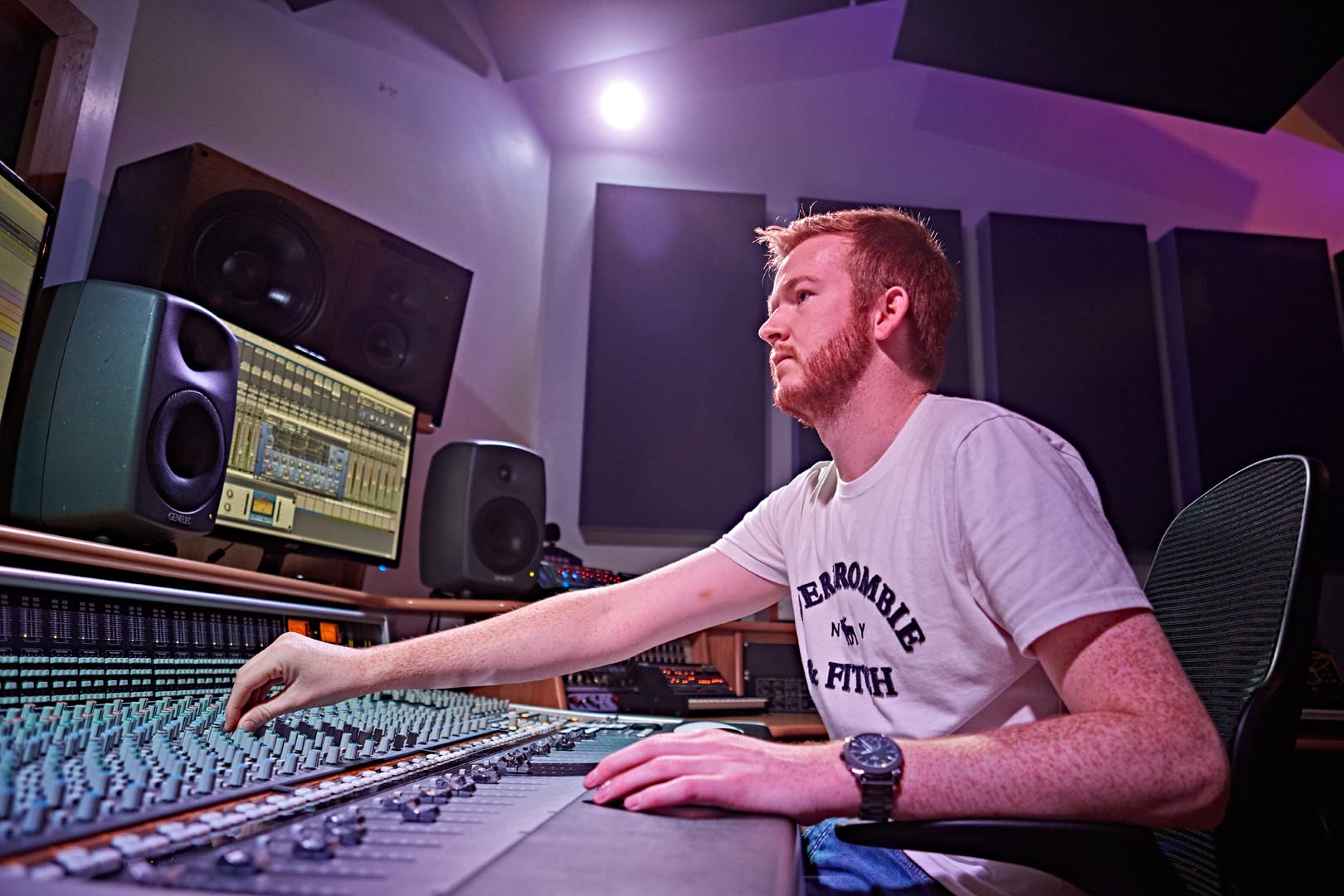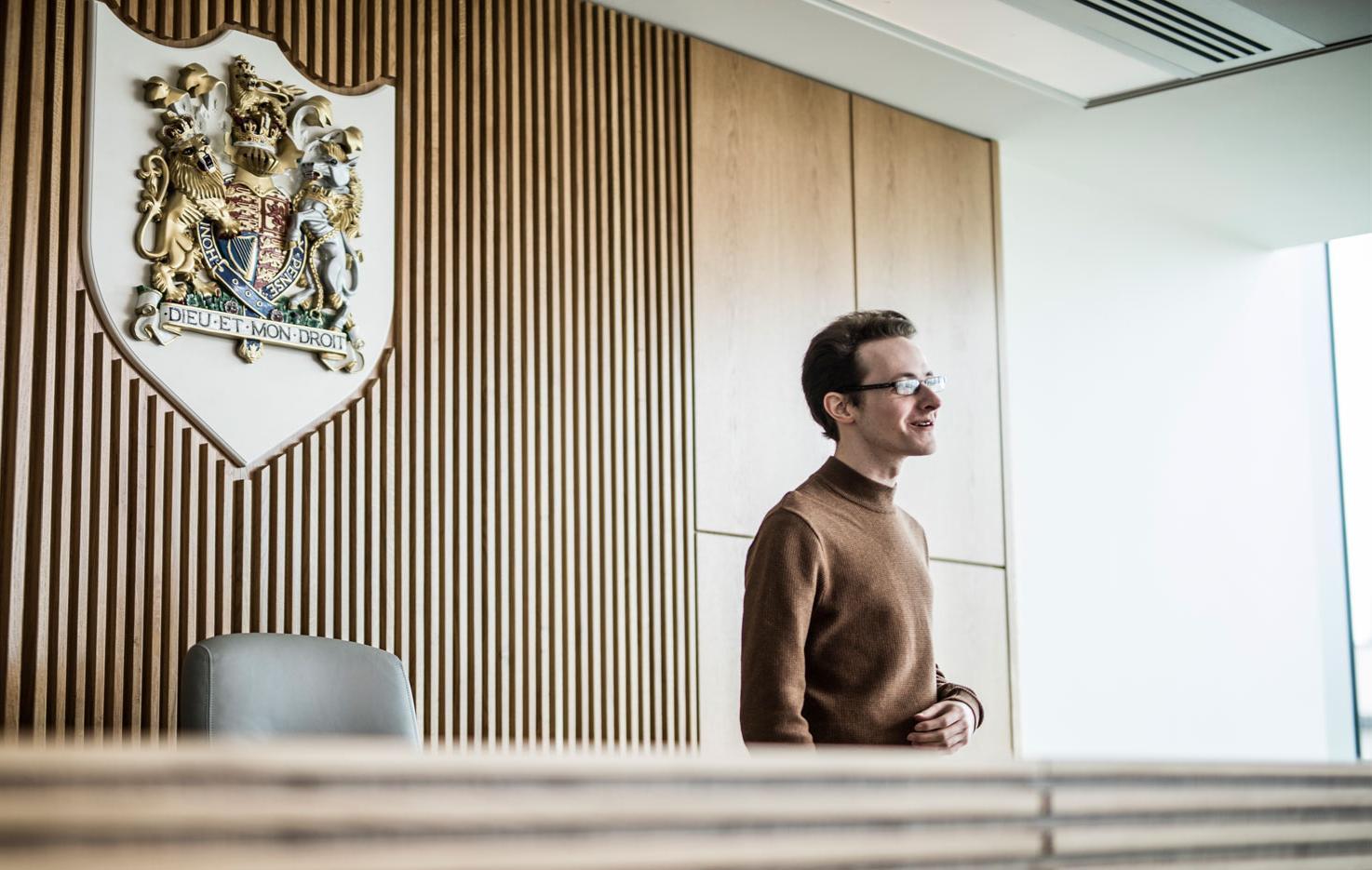A collection of successes and lessons in career planning

Jessica Shilton
Careers Consultant
Hi! I'm Jess, I'm the Careers Consultant for the School of Music, Humanities and Media as well as the School of Human and Health Sciences.
Often, when we discuss career planning, despite it being an entirely human process, it can seem pretty abstract and impersonal. Aiming to change that, I’ve surveyed our staff at the Careers Service to see how they have planned their careers in the past and the lessons they have learned. Hopefully, this can help you to get underway with your own.
Starting Points
First off, it’s clear that nobody at the University’s Careers Service was planning to work in this area when they were children. When asked, we got a wide range of first ambitions including Police Officer, Ballet dancer, Author, Nurse, Newsreader, Nun, Violinist and Pilot! There are two great lessons to be learned here: firstly, our career ideas are shaped by our experience, all of the jobs in the list above are the kinds that children would learn about in their daily lives or through books and television - there’s a reason tax inspector or supply chain manager aren’t on that list. As my lovely colleague has put it, when sharing their childhood dream of being a librarian.
Going to the library, I could play games, read books and find DVDs, so I thought that was all that librarians did!
So, when you consider your own career planning, ask yourself if you need to expand your networks or stretch your comfort zone to learn about new opportunities. Our events can be a great way to do this, or speak to one of our Career Consultants; four of our staff members in our survey said that they learned about career opportunities through their university.
The second lesson we can learn here is that career plans change. Career planning is a continuous process, so embrace the possibility of changing your mind and letting ideas grow as your career develops. Lots of staff at the service could share examples of roles that they initially thought they’d like to pursue, before realising that it wasn’t suited to them:
‘I explored working in travel and tourism and translating. The former seemed too volatile and involved way too much dealing with customers’ petty complaints and latter too boring and not people based enough for me!’
‘bricklayer: not strong enough’
‘When I was in college, I had my mind set on either being a professional musician or music teacher in a secondary school. However, I changed path because I didn't want to spend my life in a practice room or having no free evenings or weekends.’

You You You
A key part of career planning is identifying what is important to you, and simple thing you can do is write down your priorities for the next few years. These can be practical things about family, location, salary, education, health, or the lifestyle you want to lead. Our team’s career plans have had to work for or around these; common themes were children, bills and illnesses that affected career decisions.
Having a clear view of your priorities can help to set the boundaries when you start your career exploration and decision making. Another thing that can help set some direction is your own skills and strengths.
You may already know that your strengths or skills lie in a particular area. From a young age all of my school reports referred to my talking too much in class, so it's just as well that I’ve picked a career that requires me to talk all day long!
Another respondent to our survey referred to natural tendencies and how they have helped in their job:
Organisation – I am a bit of a control freak, and hate being late and letting other people down. I have always been organised and seem to be able to remember actions that need doing.
If you can identify your natural strengths and find a role that utilises them, then it’s more likely that you will find a job that suits you. Often, reflecting on feedback will help you to identify skills, for instance one of our team realised she was a good writer because an A level teacher of hers recommended she explore journalism as a career option.
Strengths and abilities aren’t static though, so you could develop new ones out of chance, like one colleague has:
Empathy – I have always had a desire to help others, but this particularly developed for me when I went through work-related stress and took a year out to work on my mental health. These life experiences equip me to give advice to students that I never received when I was at university.
Alternatively, you can try to develop skills you don’t think you have yet, through time and training. One colleague had this to say
[My personal skills] developed by observing strong leaders and taking courses
Don't think that a current skills gap means you can't work towards your dream career.

Decisions
Once you have considered your priorities and strengths as well as having explored career sectors and spoken to us, it may well be decision time. Career decisions aren’t always the easiest and our team are no different in having a few regrets and mishaps:
I took bad advice from my parents and went close to home. I only stayed 3 months [in the job] as I was bored and frustrated, I didn't use my skills.
However, from this experience there’s advice to share, to quote one:
writing out the pros and cons, talking to others who give good advice, being brave and taking a risk
So, give this a go yourself. Taking a risk, as well as avoiding overthinking, is a key theme that comes up often. The beauty of career planning is that you can re-evaluate as your life and work develop, so aiming to plan for the next few years rather than a lifetime can help take the pressure off when decision making. We can see an example of this here from our survey:
I had to decide whether or not to give up my comfy, secure Careers Officer's job in local government to take up a temporary Careers Adviser post at a university. I think having a clear view of where I wanted my career to progress - into higher education.
